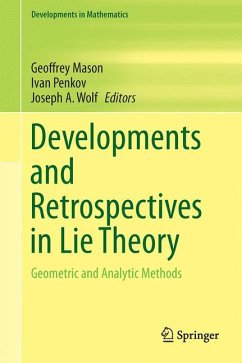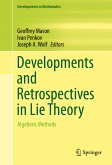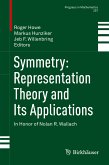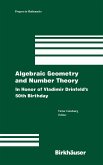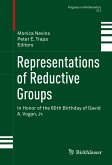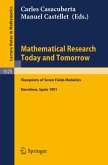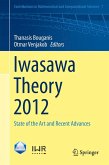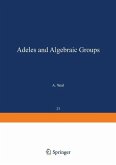The Lie Theory Workshop series, founded by Joe Wolf and Ivan Penkov and joined shortly thereafter by Geoff Mason, has been running for over two decades. Travel to the workshops has usually been supported by the NSF, and local universities have provided hospitality. The workshop talks have been seminal in describing new perspectives in the field covering broad areas of current research. Most of the workshops have taken place at leading public and private universities in California, though on occasion workshops have taken place in Oregon, Louisiana and Utah. Experts in representation theory/Lie theory from various parts of the Americas, Europe and Asia have given talks at these meetings. The workshop series is robust, and the meetings continue on a quarterly basis.
Contributors to the Geometric and Analytic Methods volume:
Y. Bahturin D. Milicic
P. Bieliavsky K.-H. Neeb
V. Gayral G. Ólafsson
A.de Goursac E. Remm
M. Goze W. Soergel
J. Hilgert F. Spinnler
A. Huckleberry M. Yakimov
T. Kobayashi R. Zierau
S. Mehdi
Dieser Download kann aus rechtlichen Gründen nur mit Rechnungsadresse in A, B, BG, CY, CZ, D, DK, EW, E, FIN, F, GR, HR, H, IRL, I, LT, L, LR, M, NL, PL, P, R, S, SLO, SK ausgeliefert werden.

